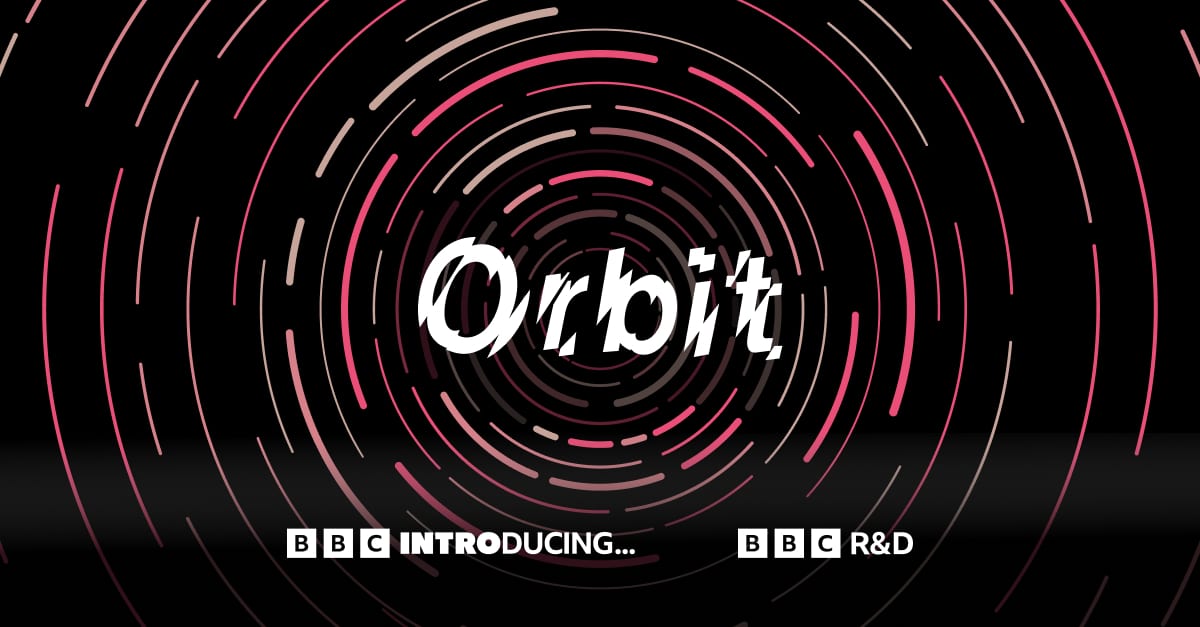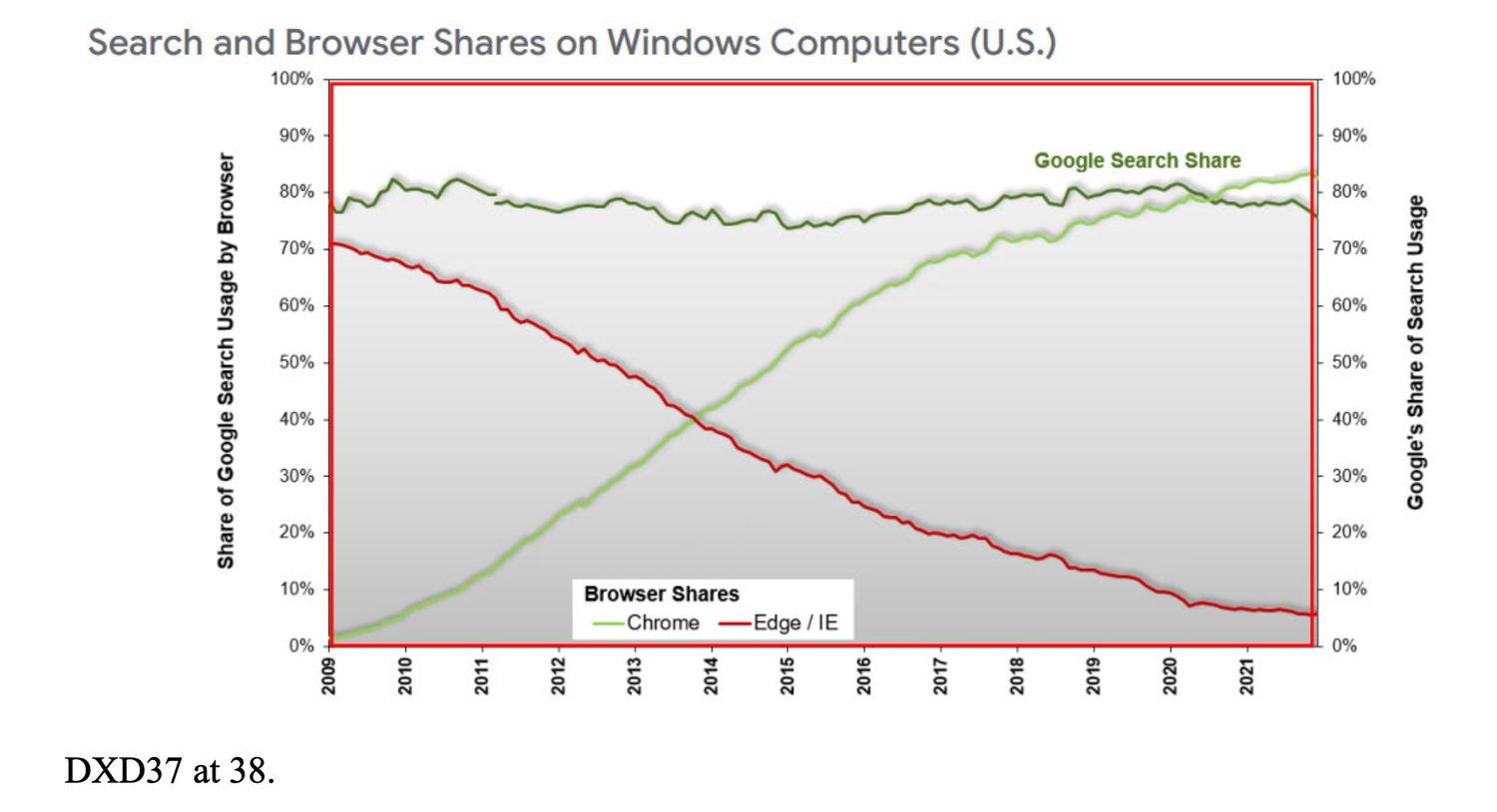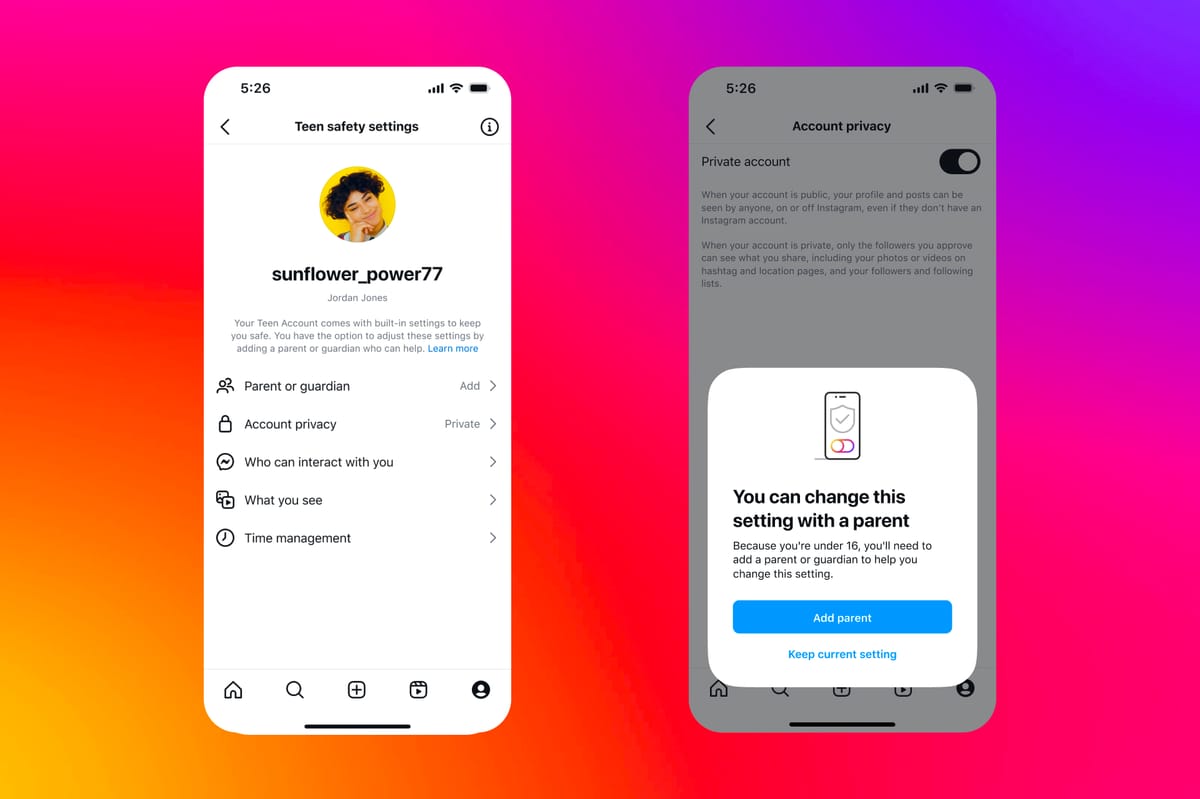This week's best things
An experiment from the BBC, should orchestras be more like Netflix, thoughts on what happens next with search, Instagram makes teen accounts private by default, a psychologist on how to deal with social media, thoughts on AI, is this blue, a good book, and a superb video installation.

Hello, I was going to hold off until getting back from holiday before sending the next edition (I am currently on a train going across Switzerland) but I saw a load of good/interesting stuff this week, so I scheduled this short edition. Enjoy!
BBC Orbit
I spotted this BBC experiment via Matt Muir's Webcurios newsletter. I found a few nice bits and pieces in the short play I had with it
"Orbit is a new experimental webtoy thing, made by the BBC and designed to offer a new way of discovering music – each day you can go to the website and are presented with a circular interface (a bit like an orbital diagram, DO YOU SEE?) which lets you hear snippets of different songs (the longer you click on each ‘planet’ in the orbit, the more of the song you hear. If you like a song fragment, the software suggests a selection of others which naturally flow from it in a ‘soundalike’ fashion, letting you pick up to 5 new songs each day to add to your personal playlist – you can then add tracks to your playlists on various streaming services"

What if orchestras were more like Netflix?
I saw an article in the New York Times which asks "what if orchestras were more like Netflix?". This is an argument that people like Aubrey Bergauer have been making for a number of years now.
"A routine like that is built on memberships that provide unlimited access to something for a monthly fee, and are tightly woven into our lives in part because they’re convenient. (Dangerously so: I’m far from alone in having realized too late how many free trials have turned into valves quietly hoovering up money from my bank account.) Why, then, have they not caught on in classical music performances?"
Subscriptions in an orchestral context have historically meant something very different to the gym or Netflix examples that this article is focused on.
I can think of a number of reasons why a gym or Netflix style subscription (they start using the word 'membership' in this article to differentiate) might be difficult for an orchestra (issues of capacity and programme are the obvious starting points for that argument).
Difficult but not impossible, and the NYT article points to some specific examples of orchestras that have tried this different model with some success.
"So far, members have proved to be the more dedicated audience. They attend performances more frequently than subscribers do, which, Gremillet said, increases the likelihood of their becoming donors. Interestingly, they generally come from a different, younger demographic than subscribers do, meaning that they aren’t chipping away at subscriber income but are adding to the orchestra’s revenue. “All of this,” he added, “is both inspiring and promising.”"
There was an interesting discussion about this idea under this post from Maria Catalina Prieto Vasquez on LinkedIn.
Competing in search
More perspectives on Google and search, this time from the always-worth-reading Ben Evans and given extra edge after the judgement that was passed down recently that Google is abusing its monopoly position.
"Then, there are press reports that the DoJ is considering asking for Android and Chrome to be spun out. Spinning out Android seems irrelevant except as a purely punitive step: if it was independent, that wouldn’t change how Samsung sets defaults. If Chrome was independent, it could choose a different default too. But would it?
This is really the first big puzzle: what will Apple, Samsung and Motorola, and a hypothetically independent Chrome Inc, choose as the default if Google can’t pay to be the default? "

Instagram makes teen accounts private by default
Casey Newton on the news that Instagram has made teen accounts private by default.
"Instagram announced a sweeping overhaul of its privacy and safety features for teenagers on Tuesday, making accounts for tens of millions of users under 16 private by default and requiring that they get parental permission to change many settings. Younger users will also be opted into the most restrictive settings for messaging and content recommendations, and will start receiving a prompt encouraging them to close the app after using Instagram for an hour each day."
Both Newton and other commentators draw a clear link between the timing of these changes and the fact that Meta is being sued by 42 states over Instagram being addictive and harmful, and that The Kids Online Safety Act, which passed the Senate in July, is now being revived in the House of Representatives. Cynical? Surely not...

Is my blue your blue?
A simple game.
When you see a color on the screen, press the "This is blue" or "This is green" button at the bottom.
"People have different names for the colors they see. Language can affect how we memorize and name colors. This is a color naming test designed to measure your personal blue-green boundary."

A psychologist’s tips for getting a grip on your social media use
Does what it says on the tin.
"If you’ve had some of these difficulties yourself, you might be wondering what to do about them, or whether you should quit social media entirely. But you probably don’t need to go ‘cold turkey’: there are ways you can take more control and use social media with greater intention. In light of my research on technology use and the problems it can cause, I have compiled a list of tips on how to be more mindful about your use of social media – some of which I have tried to apply in my own life as well."

We deserve better than an AI-powered future
More on AI, I was reading a recent post from Lauren Pope (well worth a read in and of itself) in which she references Jane Ruffino's article.
Jane's article is long but also super articulate and thoughtful. In short, she is not a fan of what is generally being referenced as 'AI'.
"Like algorithms in the mid-2010s, “Big Data” before that, “growth hacking,” and even “new media” in the early 2000s, most of the people using these terms can’t tell you what they mean. While you’re at it, ask 5 people to define “digital transformation,” and you’ll get 3 bemused responses and 2 buzzwordy answers from ChatGPT, trained on HBR clickbait and McKinsey reports.
But, if I have to find a definition I like, it’s derived from Kate Crawford’s Atlas of AI (which I enthusiastically recommend): AI is a marketing term for some types of machine learning that provide automated, computer-based decision making. The term “artificial intelligence” has been around a long time, and, as Emily Bender points out, AI has always been a marketing term. In other words, AI started as a sort of slippery term to get funders to open their wallets. And that’s what it still is."

This week's consumption
I am reading The Eight Mountains by Paolo Cognetti which is very good so far.
I listened to this beautiful song, The South Atlantic, from Public Service Broadcasting's new album, this song features This is Kit.
In related news, my friend Graham designed the artwork for the album.
I (re)watched the video I found on YouTube of Ragnar Kjartansson's The Visitors which I think is my favourite thing I've ever seen in a gallery.




